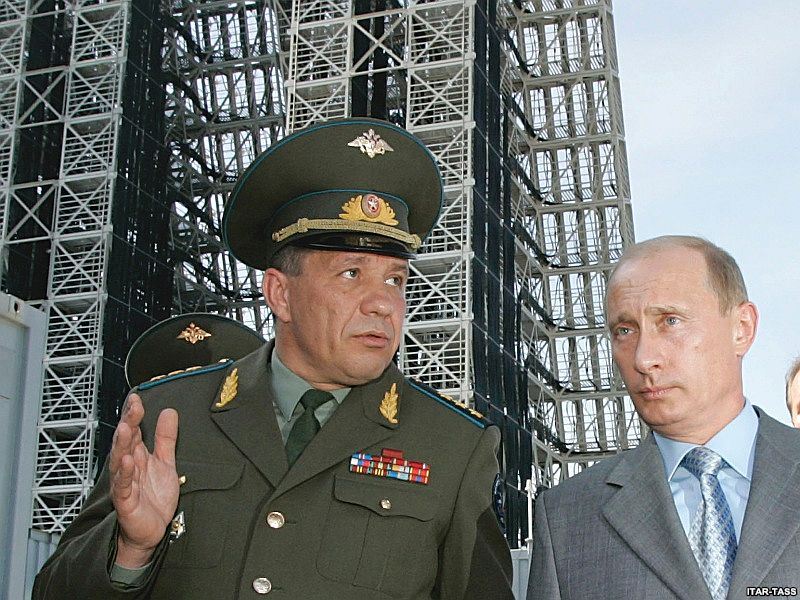North Korea’s Nuke Test
 It appears that second-time around worked for the North Koreans:
It appears that second-time around worked for the North Koreans:
SEOUL (AFP) — North Korea carried out a second and more powerful nuclear test, defying international pressure to rein in its atomic programmes after years of six-nation disarmament talks. The hardline communist state, which stunned the world by testing an atomic bomb for the first time in October 2006, had threatened another test after the UN Security Council censured it for a long-range rocket launch in April. The North “successfully conducted one more underground nuclear test on May 25 as part of the measures to bolster up its nuclear deterrent for self-defence in every way,” the official Korean Central News Agency (KCNA) said. “The current nuclear test was safely conducted on a new higher level in terms of its explosive power and technology,” it said. The force of the blast was between 10 and 20 kilotons, according to Russia’s defence ministry quoted by news agencies, vastly more than the estimated one kiloton blast three years ago.
While the Russians have historically over-estimated yields in their previous assessments, it is probably safe to say that the yield will fall around 10kt, more than surpassing 2006’s fizzle @ 1/2 kt. Better refinement should come with independent verification by US and other international sources in the coming days.
And now all the chips are on the table. China has been vocal about not desiring to see North Korea armed with nukes and it has been the principal intermediary at the Six Party talks on behalf of the North Koreans. By far, it is the major supplier of energy resources to the North, keeping them from literally going dark. What will China do besides verbally condemn? Support full sanctions against the DPRK or block such a move? What about the Russians? Push-back expected on any measures beyond strong verbal condemnation in the Security Council? To be sure, expect one or both to forward the argument that harsher penalties will be “unproductive” and lead to greater instability in the region (read: China is afraid of provoking collapse of the DPRK government and subsequent rush of refugees across its borders into China). What of South Korea and Japan? The DPRK’s on-gong missile tests, which have continued in the face of similar vocal condemnation and in spite of international agreements like the Missile Technology Control Regime or the International Code of Conduct Against Ballistic Missile Proliferation, have energized Japan’s missile defense efforts – will a successful DPRK nuclear test now result in a Japan that feels it must either develop its own nuclear weapons as a counter? Undertake a more offensively oriented military? How assured can/should the Japanese be about any U.S. guarantees via extension of its nuclear umbrella?
Unstated in the initial uproar is this little gem — with a demonstrated proclivity towards proliferation whoring, particularly with Iran, what does this say about the future of nuclear arms control and non-proliferation? Were the parallel tests of an alleged new SRBM today demonstration of a nuclear capable missile? How close to a weaponized form was today’s test? What are the implications for increased instability in other regions that are faced with their own issues of nuclear proliferation (viz. Israel-Iran)?
It’s 0300 and somewhere there’s a phone ringing…


“.. it has been the principle intermediary at the Six Party talks..”
should be spelled “principal”